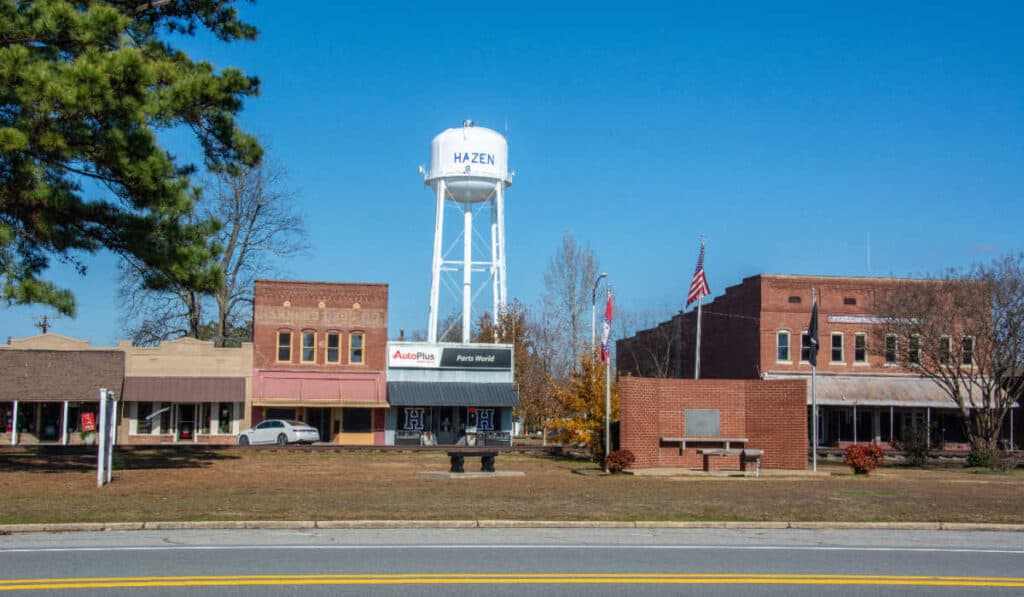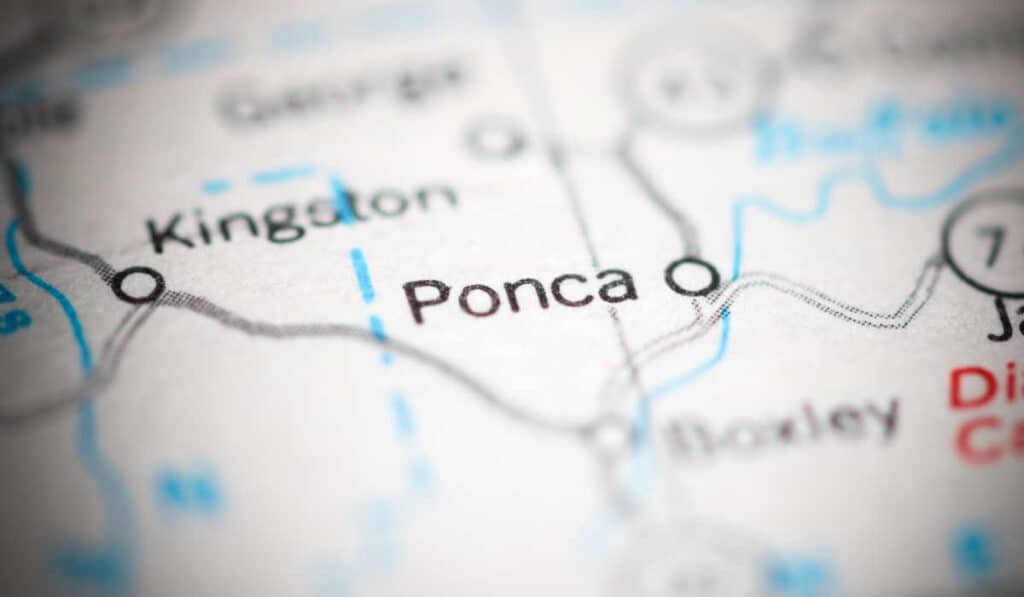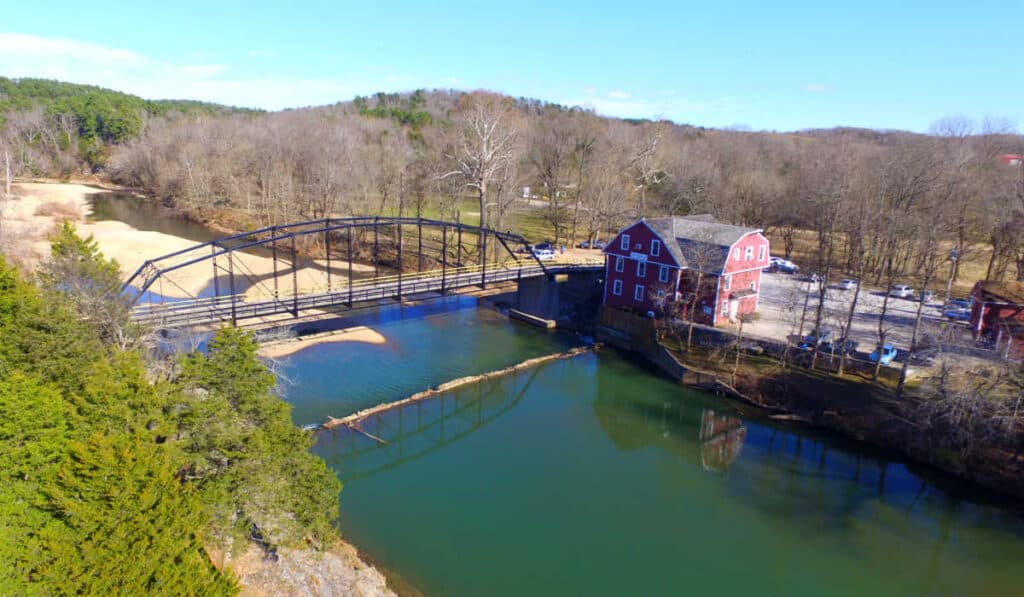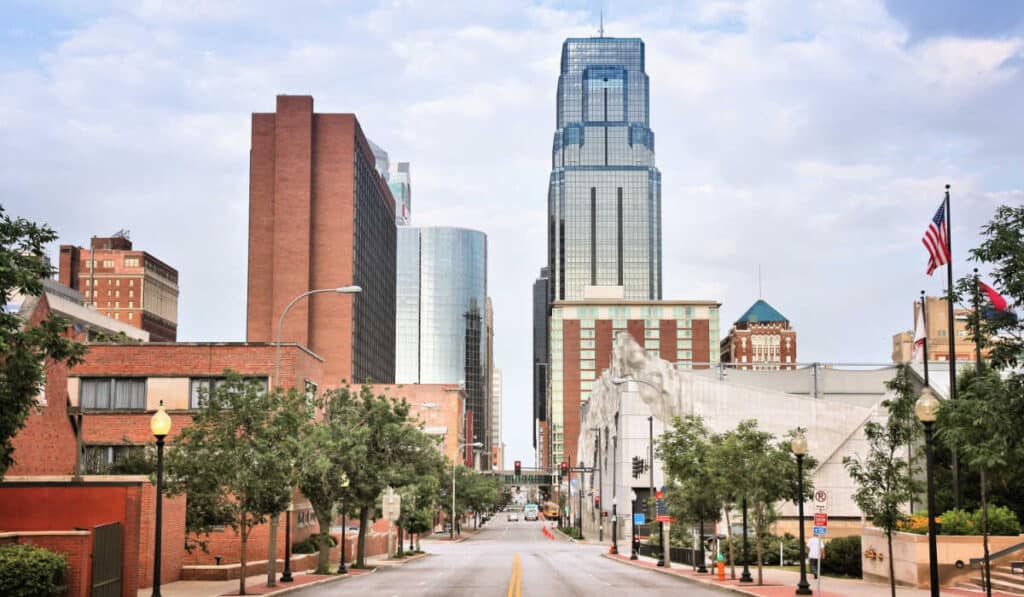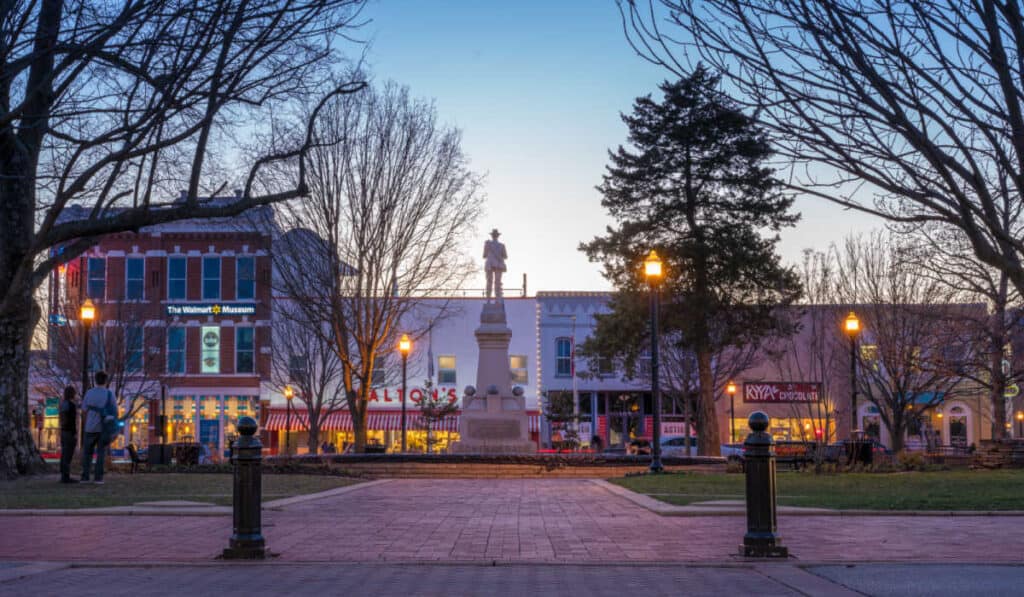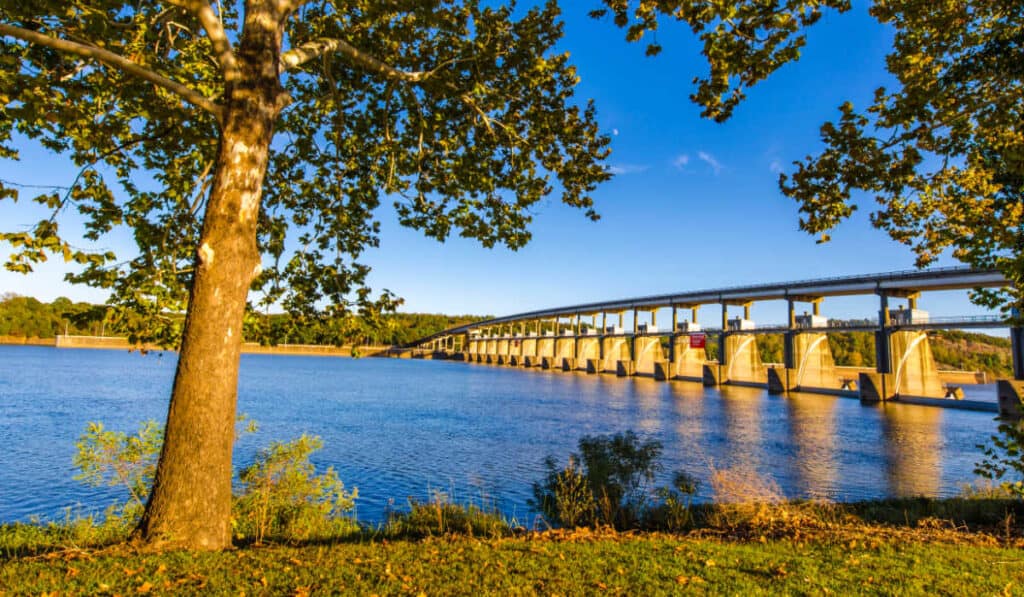Arkansas, known as the Natural State, offers a variety of experiences such as beautiful landscapes, outdoor activities, and a low cost of living. However, like any other place, there are certain aspects that may not be appealing to everyone. In this article, we will discuss some common complaints that individuals have raised about living in Arkansas.
One of the challenges faced by residents is the lack of adequate public transportation, particularly in rural areas. This can make it difficult for people who rely on transit services to travel, often resulting in the need to walk or drive long distances. Additionally, the state’s cuisine, although delicious, is largely centered around comfort food, which could make it challenging for those seeking healthier options.
Another issue that some Arkansans may dislike is the stereotypes and misconceptions perpetuated by outsiders. This includes comments about accents, dialects, and other aspects of local culture that are often ridiculed by those unfamiliar with the region. Despite these drawbacks, it’s essential to remember that every location has its pros and cons, and Arkansas is no exception.
Weather Challenges
Arkansas experiences various weather challenges that can make living in the state less enjoyable for some residents. The climate, while offering mild winters, also brings high humidity and intense summer heat. Additionally, the presence of mosquitoes and other pests can exacerbate the discomfort of the climate.
High Humidity
Arkansas is known for its high humidity levels, which can make the air feel sticky and uncomfortable. The humidity is especially noticeable during the hot summer months. The high moisture content in the air can also lead to mold and mildew issues in homes, which can impact the indoor air quality and contribute to breathing difficulties for people with allergies or asthma.
Intense Summer Heat
Summer in Arkansas can be quite oppressive due to the combination of high temperatures and humidity. The heat can make outdoor activities uncomfortable and may even be dangerous for individuals who are sensitive to heat, such as the elderly or those with certain health conditions. Residents are advised to take precautions during the hottest parts of the day, including staying hydrated, wearing sunscreen, and seeking shade or air conditioning when possible.
Mild Winters
While the mild winters in Arkansas are generally a positive aspect, they can also be a drawback for those who enjoy snowy winter activities. The lack of snowfall means that skiing, snowboarding, and other winter sports enthusiasts may need to travel to different states to enjoy their favorite activities. Furthermore, the mild temperatures mean that pests, such as mosquitoes, have an extended breeding season, leading to increased nuisance in warmer months.
Mosquitos and Pests
The warm, humid climate in Arkansas creates an ideal environment for mosquitoes and other pests to thrive. This not only results in mere annoyance but can also pose a health risk, as mosquitoes are known carriers of diseases such as West Nile virus and Zika virus. Additionally, ticks are prevalent in the state, posing a risk for Lyme disease and other tick-borne illnesses. Residents must take measures to protect themselves from these pests, including using insect repellent, wearing protective clothing, and keeping outdoor spaces clear of standing water.
Economic Struggles
High Poverty Rate

Arkansas has consistently ranked as one of the poorer states in the United States. With a high poverty rate, residents often face financial struggles in their daily lives. One of the main reasons contributing to this issue is the state’s lower average household income compared to the national average.
Even though Arkansas is an affordable state to live in, the high poverty rate can still make it challenging for people to make ends meet. The cost of living may be lower, but with limited income, residents may still struggle to maintain a comfortable lifestyle.
Limited Job Opportunities
Another factor contributing to the economic struggles in Arkansas is the limited job opportunities available. While the state has some industries such as agriculture, forestry, and manufacturing, there are not as many diverse job options as in some other states.
This lack of variety in job opportunities can make it difficult for residents to find well-paying and stable employment. As a result, many individuals may feel the need to move to other states, like Texas or California, in search of better opportunities and higher wages. This outward migration could further affect the local economy and job market, potentially exacerbating the economic struggles faced by the people living in Arkansas.
Crime and Safety Concerns
Overall Crime Rate
Arkansas has seen fluctuating crime rates in recent years. According to the Arkansas Department of Public Safety, crime statistics are submitted by law enforcement agencies using the incident-based reporting method within the Arkansas Uniform Crime Reporting (UCR) Program. This information comes from law enforcement and includes the number of arrests and incidents known and reported by law enforcement agencies.
Violent Crime Instances
Violent crime is a significant concern in Arkansas. In fact, the state leads the nation in violent crimes per 1,000 people, according to a report by SafeWise. Despite this, Arkansans reported lower levels of concern about violent crime compared to the national average. This could be attributed to residents having a higher rate of first-hand experiences with crime.
Transportation and Infrastructure
Poor Road Conditions
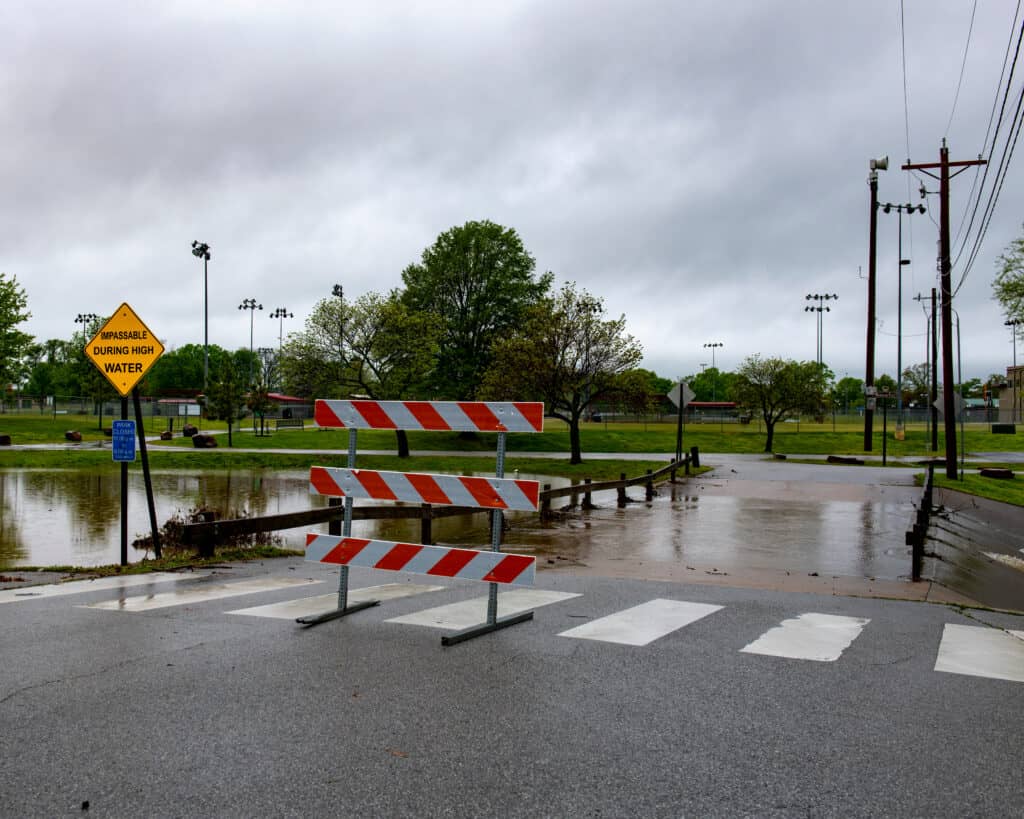
Arkansas faces challenges with its transportation infrastructure, particularly in terms of road conditions. The state maintains an extensive network of roads and highways supervised by the Arkansas Department of Transportation, including four interstate highways and nearly 3,000 miles of railroad tracks. However, driving on roads in need of repair in Arkansas costs each driver $671 per year, and 4.9% of bridges are rated structurally deficient.
These problematic road conditions not only lead to increased costs for drivers but also contribute to safety concerns and frustration for residents. Efforts to improve the state’s infrastructure are essential in providing better living conditions and smoother transportation experiences.
Limited Public Transportation
Public transportation options in Arkansas are quite limited, which contributes to residents’ dissatisfaction. A significant portion of the population expresses dissatisfaction with the “flow at peak times of day” (77%), the “availability of public transit” (73%), and the “ease of travel by public transportation” (70%).
The lack of adequate public transportation options means that residents primarily rely on private vehicles, leading to increased traffic and congestion, especially during peak hours. Investing more resources into improving and expanding public transit systems in the state could alleviate these issues and enhance the overall quality of life for those living in Arkansas.
Education and School System
Public Schools Performance
Arkansas’s public school system has faced several challenges, which have led to a poor track record in performance. Many schools in the state struggle with underfunding, making it difficult for teachers to make ends meet, as salaries are often inadequate. The limited funding also affects the quality and resources available for students across the state’s 1,064 public kindergartens, elementary, junior and senior high schools.
The underfunded educational system, along with other factors, has led to Arkansas being ranked as one of the least educated states in the United States, according to WalletHub.
Higher Education Institutions
Within the Arkansas university system, the University of Arkansas is the flagship. Despite the state’s troubled public schools, the university continues to provide quality education to both Arkansans and out-of-state students. The institution’s reputation for strong academic programs in fields like engineering, business, and agriculture counterbalances some of the shortcomings in the K-12 system.
In summary, while Arkansas’s public school system has its drawbacks, with underfunding and low performance affecting educational attainment rates, the state’s higher education institutions—particularly the University of Arkansas—are striving to provide excellent education to those who choose to attend.
Stereotypes and Social Aspects
Negative Perceptions
Arkansas often faces negative perceptions from both outsiders and residents. These stereotypes may arise from portrayals of the state in movies and TV shows, which can lead to misrepresentation and misunderstanding. People commonly assume that Arkansans lack dental hygiene, have thick accents, and are uneducated. However, it is essential to recognize that these stereotypes do not accurately represent the diversity and small-town charm found in Arkansas’s communities.
Obesity Rates
Another issue that Arkansas has been fighting is obesity rates. According to the State of Obesity report, Arkansas had an adult obesity rate of 35.0% in 2019, making it the 10th highest in the United States. It is essential to understand that, while obesity is a significant health concern, addressing this issue requires a nuanced approach. Public health campaigns, increased access to healthy food choices, and promoting physical activity can help reduce obesity rates in the state.
Despite these challenges, many residents appreciate the unique qualities Arkansas has to offer, such as southern hospitality, rural areas, and a strong sense of community. With a confident, knowledgeable, and clear perspective, it is possible to dispel misleading stereotypes and promote a more accurate understanding of life in Arkansas.
Housing and Cost of Living
Cost of Living Factors
Living in Arkansas, also known as the Natural State, comes with a significant advantage regarding cost of living. The state offers a low cost of living compared to the national average. In fact, the cost of living index for Arkansas holds a score of 79, where the US average is 100, making it a more affordable option for many people looking to move there. The reasons behind the low cost of living in Arkansas include affordable housing, lower utility costs, and relatively low daily living expenses.
However, it’s essential to note that sales tax rates are relatively high in the state, which can offset some savings in other areas. In some cities, such as Little Rock, the sales tax can be as high as 9%, which may impact budgets to some extent.
Property Taxes
Property taxes are a crucial factor for homeowners to consider when assessing the affordability of living in Arkansas. Fortunately, Arkansas has one of the lowest property tax rates in the United States. The statewide average property tax rate is 0.63%, significantly lower than the national average of 1.07%. This low rate means that residents can generally save a considerable amount on property taxes compared to homeowners in other states.
Housing Accessibility
Housing accessibility is another crucial consideration when living in Arkansas. While some cities like Fayetteville, with a cost of living index score of 92.9, are more expensive than others, most parts of the state offer affordable housing options. The lower costs make it easier for individuals and families to find a suitable home while staying within their budgets. Additionally, the relatively low mortgage rates in the state further contribute to housing affordability.
Overall, the Natural State offers an attractive mix of low cost of living, affordable housing, and low property taxes, making it a desirable place for many people considering a move. That being said, it’s essential to weigh these financial benefits against other factors such as high sales taxes and individual preferences before making a decision.
Outdoor Activities and Natural Beauty
Hiking and Forests
Arkansas, also known as The Natural State, boasts an abundance of natural beauty and outdoor activities. With a diverse geography that includes mountains, forests, and waterways, the state offers endless opportunities for exploration. Hiking enthusiasts will love the miles of trails that meander through forests, offering stunning views and opportunities to connect with nature.
Lakes, Rivers and Fishing
Water lovers can find their paradise in Arkansas’ numerous lakes and rivers. Many visitors flock to the National River for the excellent canoeing and kayaking it provides. Some of the natural springs found throughout the state make for perfect swimming holes and photo opportunities on a hot summer day.
Fishing enthusiasts will appreciate the wide variety of options available in Arkansas. From fly-fishing in clear streams to trolling on large lakes, this state has it all. The rivers offer not only excellent fishing but also remarkable scenic views and opportunities for relaxation.
Arkansas’ outdoor activities and natural beauty provide residents and visitors alike with ample opportunities to enjoy the very best of The Natural State. Whether your interest lies in hiking, fishing, or simply admiring the beauty of the state’s mountains, forests, and waterways, there is something for everyone to enjoy in Arkansas.
Conclusion
In summary, living in Arkansas has its fair share of drawbacks that some people may find unappealing. The scorching summer temperatures and high humidity levels can make being outdoors uncomfortable at times, as mentioned in this article. Due to its geographical location, the state is also prone to ice storms during winter, making travel and daily life challenging.
Another complaint revolves around dry counties, which make up a significant portion of the state. Out of its 75 counties, 35 of them are dry, prohibiting the sale of alcohol. This factor, coupled with the fear of the mythical Fouke Monster, may deter some individuals from considering Arkansas as their new home, as discussed here.
Although some research suggests a presence of racial tensions and discrimination in certain parts of Arkansas, it’s important to approach this information with caution and avoid generalizations about the entire state. It’s also vital to consider the numerous positive aspects of living in Arkansas. The state boasts a low cost of living, affordable property taxes, pleasant year-round weather, and countless outdoor activities that attract many to call it home, as mentioned in this article.
When weighing the pros and cons of living in Arkansas, it’s crucial to consider individual experiences and preferences, as well as the opportunities and amenities accessible in the chosen area. Like any place, opinions about Arkansas will vary, and ultimately, personal fulfillment is contingent on the individual making the most of what the state has to offer.


